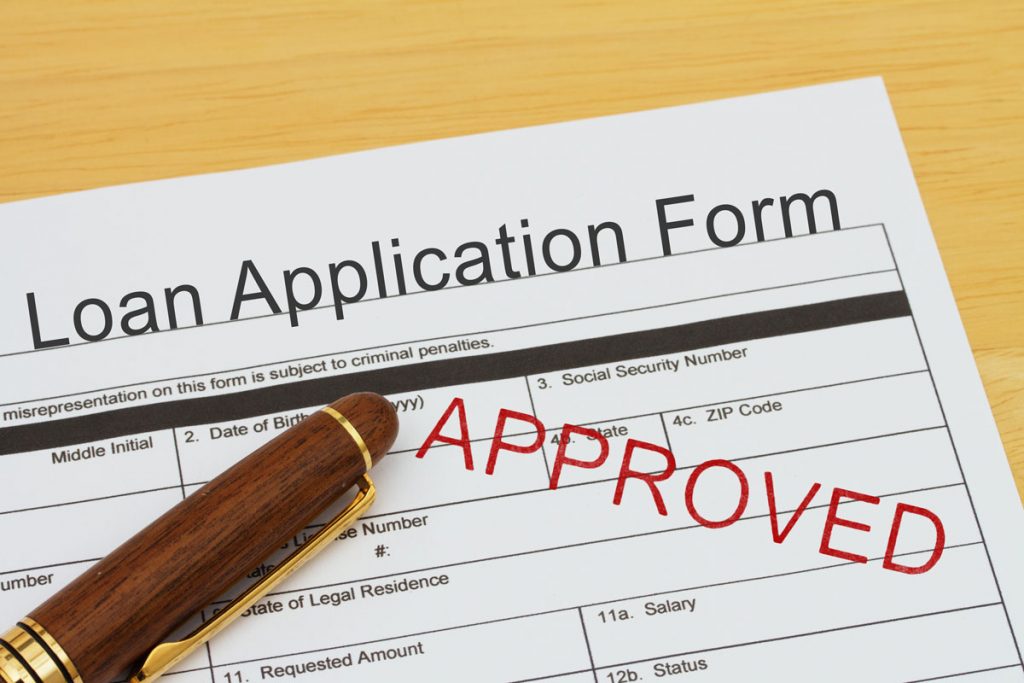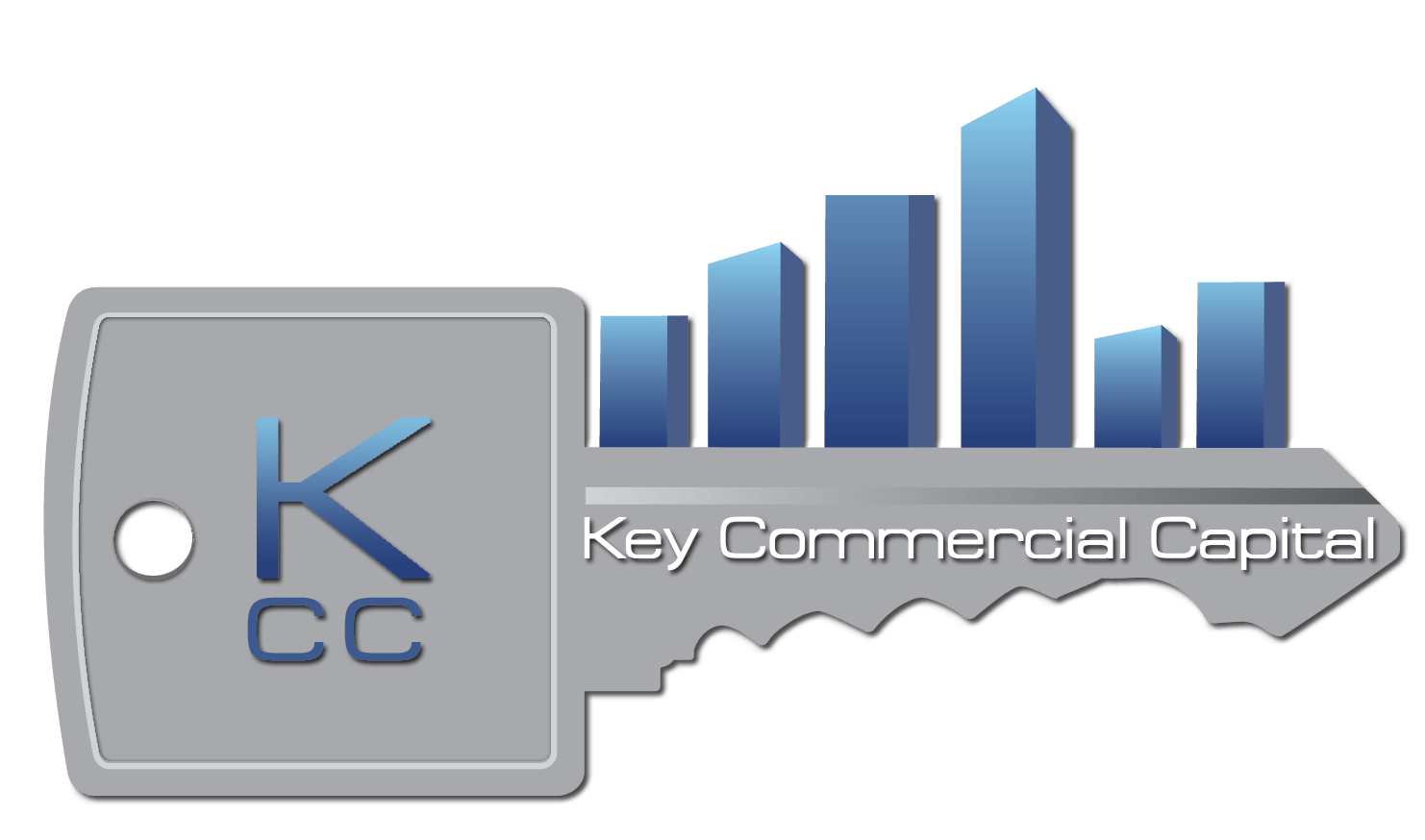The following discussion is certainly not meant as a criticism, but rather as a means of explaining some of the shortfalls we have noticed over many years of assisting applicants with franchise financing. The purpose of the discussion is to educate borrowers and to help franchisors understand some of the important factors to consider when promoting a new franchise concept or brand. These points will shed some light on the facts from the perspective of the lender. A better understanding of what mistakes to avoid will encourage appropriate planning and foster a more efficient plan for growth.
Neglecting to financially qualify candidates
It seems like this mistake would be obvious to avoid making, but we see it often. It takes more than just cash in an account to qualify for financing. Sometimes a sales representative for a franchise can get ahead of themselves when they are eager to make a sale. Someone might sound like a great candidate and even have a good amount of funds in savings to purchase a franchise territory, but there is more information that will be required for a candidate to qualify for an SBA loan. A franchisor should understand that a candidate must have several qualification requirements met to have a good chance of getting an approval. This list is as follows:

Good credit:
Good credit is more than just a score. Borrowers should not have had a past bankruptcy. If they have had one, it will need to have been fully discharged at least 10 or more years ago for the borrower to qualify for a loan. There should be no foreclosures or short sales in the past. If there were either of these, the borrower should be able to provide a very detailed explanation that makes sense. There should also be minimal late payments or collections on the credit report. Comparable Credit is a must. A good history of building credit and the amount of credit available are very important. For example, an individual might have a 750 credit score, but the score is based on a single credit card with a $2,500 limit. If the borrower has never had a large loan in the past and does not have a large amount of available credit on cards or accounts, they have not earned the trust of lenders to provide a large loan. Building credit is very important. Showing that a vehicle loan and/or a home loan is paid on time helps build the credit of a borrower.

Outside income:
Depending on the size of a loan that will be required, lenders will want to see that a borrower has some type of outside income (in addition to the income they project to make in the new business). This can be a tough requirement because SBA lenders will want to see that a borrower is working the business (they hope open), full time. How can someone work full-time at their own business and also keep their employment? Either they will need to prove that they have a very flexible job, work part-time or have a spouse or business partner who will be helping with income. Borrowers applying for SBA loans cannot be absentee owners. They will not be able to get approved if they are not able to explain how they will be part of the daily operation of the business. A spouse or business partner keeping employment income and possibly sharing some of the financial or management responsibilities can help overcome this obstacle. The borrower must be able to show that he or she can meet their current financial obligations and also be able to make the business loan payment from their own personal funds, while the business is ramping up. Franchisors should determine if some type of outside income will be available.
Cash reserves and liquidity:
Franchisors should verify that the funds a potential franchisee has are actual cash reserves in checking, savings, or investment accounts. Good credit is important, but the down-payment or equity injection required for an SBA loan must not be borrowed funds. The funds cannot be taken as a cash advance on a credit card or from a line of credit. The only borrowed funds that can meet the equity requirement for SBA loans is home equity. A borrower can refinance and take equity out of the home to use toward a loan down-payment. The borrower should be careful about how much equity to take from the home. The loan payment could affect the debt-to-income ratio that is considered during underwriting.
Equity Injection
A franchisee should plan on the SBA lender requiring somewhere between a 10% to 25% equity injection. The project cost should be calculated including all fees and costs. These can include the franchise fee, equipment costs, leasehold improvement costs, start-up capital (deposits, inventory, legal/professional fees, etc.), working capital. The borrower should be prepared to have 10% to 25% of their own cash to invest in the project. In addition to the down-payment or equity injection expectation, lenders will want to see an additional 10% to 20% of the project cost set aside as cash reserves in an account. These cash reserves are a cushion to cover personal obligations and the new business loan payment during the first few months the business is open.
Equity injection expectations can possibly be lower only if a commercial property is involved in the transaction. Many franchise loans do not include the purchase of commercial space. The franchisees lease space and improve or alter the space. If this is the case, the franchisor should be certain to verify whether the candidate has enough cash funds to meet equity injection and cash reserve requirements.
Accepting anyone willing to pay the franchise fee
When a business first decides to franchise, it is easy to be eager to extend franchise rights to potential franchisees who can pay the franchise fee in cash. There are several factors to consider when deciding whether a particular person or group of people will be a good fit for the franchise. In addition to personality, education, experience, motivation, and cash on hand, there are other financial factors to consider. It is important for the franchisor to pre-qualify the franchisee financially to see if they will need a loan for the rest of the costs (in addition to just the franchise fee). If they do not have all of the cash available for the entire project and will need financing, there are details to consider.
Proximity to the store locations or franchise territory:
Simply being an investor from afar and having a dependency on a manager or managers can end up being disastrous. The SBA requires lenders to clarify whether or not the borrower lives in the area where the business will be operating. Absentee ownership is forbidden. At least one of the owners will need to live nearby and prove that he or she will be involved in the daily operation of the business. If managers are hired, the owner must describe what roles and responsibilities he or she will look after on a daily, weekly, and monthly basis and how they will oversee the managers. The most successful franchisors require all owners and managers (key employees) to attend franchise training. It should be common sense that a business with an involved owner has more of a chance of being successful than one with an uninvolved owner.
The complexity of shared ownership:
The franchisor needs to be aware that multiple owners with multiple businesses add complexity to an application that might make it too cumbersome for an SBA lender. The lenders may not want to consider an application with several layers of LLCs or corporations as owners or multiple owners. Every owner with shares of 20% or more will be required to have credit checks, share tax returns, and complete paperwork. All businesses of all owners with 20% ownership shares or more must also be evaluated as part of the loan underwriting. This means the unrelated businesses are considered affiliates of the applicant business. Tax returns, financials, and documentation will be required of all affiliate businesses.
Experience in a related industry:
Experience may not be something a franchisor requires. Sometimes they do not prefer an owner with experience in their particular industry. There is some benefit in starting fresh and training a franchisee in the way the business should be run, according to the franchise procedures, without dealing with bad habits or negativity from the past. Franchisors many times look for franchise partners who have a personality that is conducive to following a program and refraining from too much independent thinking.
When it comes to financing, SBA lenders always ask about the experience of the borrowers during underwriting. They like to see applicants who have had industry experience. If there is no direct industry experience, the borrower will need to prove how education and past experience have provided certain skills that are transferable to the new industry (leadership, team-building, project management, sales). The skills should be described in detail in the business plan. Additionally, a detailed description of all aspects of franchise training and support should be discussed in the business plan.
Real Estate or other Collateral:
A franchisor may want to find out if a franchisee, who plans to utilize an SBA loan for the business, has ownership of any real estate or other assets that can be pledged to the lender as collateral for the loan. For loans 350,000 or higher, SBA lenders are required to place a lien on all available collateral up to the value of the loan. This means that the borrower will be required to allow the SBA lender to put a second position lien (after the mortgage) on his or her home. The amount of equity in the home should be discussed. If the equity is not an amount that the lender feels is enough to mitigate the risk level, they are comfortable with, the application may be declined. Not every application requires collateral, but having equity and available collateral will help the applicant have an easier time getting approval.
Expanding too Quickly
Franchisors should consider whether a franchisee will need financing for multiple locations before selling multiple location packages. It is common for a franchise to sell 3-pack or 5-pack territories and to require a certain timeline for buildout. When franchisors require franchisees to open expansion locations before the initial locations are financially viable it can cause concern for SBA lender underwriters. SBA lenders usually do not approve loans for multiple locations at one time. It can be a risky bet for the borrower and the lender. SBA lenders also hesitate to offer financing for any initial locations if a strict ADA (Area Development Agreement) schedule is required. Borrowers will need to be well qualified financially and prepared with a detailed plan about how the locations will be managed and how they will plan ahead for possible challenges that come with owning and managing multiple locations.
Franchise Timing Flexibility
The franchise should also be somewhat flexible for those who will be utilizing SBA loans for any of their locations. Many lenders will require 6 months or a full year of financials from an initial location before they will consider financing for expansion locations. SBA lender requirements will depend upon the strength of the file, the experience of the applicant, and several other factors. It is best to discuss possible strategies with a loan advisor or broker. Every bank or lender will have different preferences and requirements for financing locations that are part of an Area Development Agreement. A qualified broker will help the borrower plan a strategic approach to financing and guide them to the right lender for the larger project.

It is sometimes necessary for a franchisee with an ADA to fund the first location on their own with cash, home equity, or personal unsecured loans (or a combination of all) or investor partners. Once the first location can show it is stable and profitable, the lender will be more comfortable with financing expansion locations. If the franchise does not adhere to a very strict expansion timeline, some SBA lenders will make an exception for a well-qualified applicant. There are a few SBA lenders who will finance more than one location at a time or one at a time and will work with the ADA, but this is not the norm. Depending on the franchise, strengths, and challenges of a file and the complexity of the application, some solutions can be found if the borrower is willing to follow a set plan. Timing will be very important if any home equity will be utilized for any of the locations. It is important to understand how to plan accordingly for a financing timeline.
Having overconfidence about the franchise being approved by the SBA
When a franchise concept is approved by the SBA and is added to the SBA franchise approved list, SBA lenders can offer loans for borrowers who qualify. Just because a franchise appears on the approved list, does not necessarily mean that SBA lenders will be willing to offer loans to new franchisees. Most lenders will need to perform a thorough review of the FDD. Many times, new franchises do not enter enough pertinent information into the several item sections of the FDD. We have a specific article about the important sections of an FDD from a lending perspective.
Number of Locations
The top SBA lenders in the nation usually want to see that a franchise has experience in the industry. They want to see how long the franchise has operated corporate locations and to understand the profitability of the concept over time. Many lenders will not consider a loan for a particular franchise until it has 30 to 50 franchise locations that have been operating for at least a year. This information should be visible in the FDD, along with detailed sales information about low, median, and high-performing locations and the overall profitability of the locations. If this information is not available, missing, or not detailed enough, lenders will decline loan applications. We have seen SBA lenders decline very qualified borrowers, simply because the franchise concept is “too new” and not yet proven to be viable over time. We have a variety of lender partners. Some will consider new franchises, some will not and others will require more documentation about the success of existing locations. We can help navigate through the options to find the right fit.


Cash or Unsecured Loan as Options
Franchisors will need to consider approving only those who have their own cash to fund the build-out, construction, equipment, and franchise fee. Franchisors and sales representatives can be very overconfident about being on the SBA-approved list. We have literally been told at franchise conferences that the franchise “does not need any help” getting financing for franchises because the franchise is now on “the SBA approved list”. The person making such a claim knows little about the process and level of difficulty to get the first SBA loans approved and closed for a particularly new franchise concept. It is not easy. The SBA is not lending the money. Banks and lenders are providing the funds and will need to prove to the SBA that they have done their due diligence in researching franchise viability and applicant qualification. It would be wise to consider referring those who need financing to Key Commercial Capital to utilize our Unsecured loan program. This program is a great solution for financing the first several locations that SBA lenders might not be willing to finance.
Lack of preparation to meet franchise partner needs
New franchisors who are eager to expand their new brand can sometimes make a few mistakes concerning products and services that all franchisees will require. A good franchise will have systems in place for providing all of the products and services a franchisee will need during all phases of opening and operating a new location. The franchise needs to provide referrals, support, and training to the franchisees and their key employees or managers. There are several areas in which a franchise can offer a great amount of assistance to the new franchise partner. Some of these areas include: financing, consulting, architectural services, legal services, bookkeeping, and accounting services, commercial real estate services, equipment vendors, general contractors, inventory suppliers, uniform suppliers, point of sale systems, electronics, hardware, software, packaging, branding, marketing, web hosting, email services, social media marketing and more. The more organized and prepared a franchisor is in providing these needed products and services, the better the entire system will be as locations are added.

Finance Consultant/Lending Partner
The franchisor should not hesitate to find the right financing partner to help franchisees get through the lending process. Being hesitant to offer advice or a referral to a qualified broker or lender can cause major delays, problems with credit, and excessive frustration. Developing a relationship with a broker or business financing advisor and providing necessary information to assist in the application process will make a world of difference in the success rate of approvals. If all franchisees who will be applying for a loan can get assistance from the same broker, who has many national lenders lined up to underwrite loans, it will save the new franchise partners from wasting time being declined by lenders who have not pre-qualified the new brand. We can arrange meetings between lender partners and franchisors to get questions answered and to begin a conversation about partnership. Key Commercial Capital can also assist franchise partners with putting together all parts of an application (SBA forms, business plan, financial projections, bank forms, and all other required corporate and financial documentation). We continue assisting once an application is ready to submit. We coach the borrowers through the underwriting stage and the closing and funding process. When a borrower has not utilized an SBA loan before, there are countless uncertainties and questions at each stage of the loan process as well as during the fund distribution phase. We can offer guidance through each step and we will know the right bank fit for each scenario.



In Summary
The above mistakes can be avoided with advanced planning. We are open to scheduling a call to discuss these topics in greater detail with any new franchise concept or one that has been around for a while. It is never too late to develop a positive relationship with a dependable finance partner. If the franchise is not yet on the SBA-approved list, we can assist in getting that process started and utilize other methods of financing in the meantime. We welcome questions and look forward to building a relationship with your brand.

